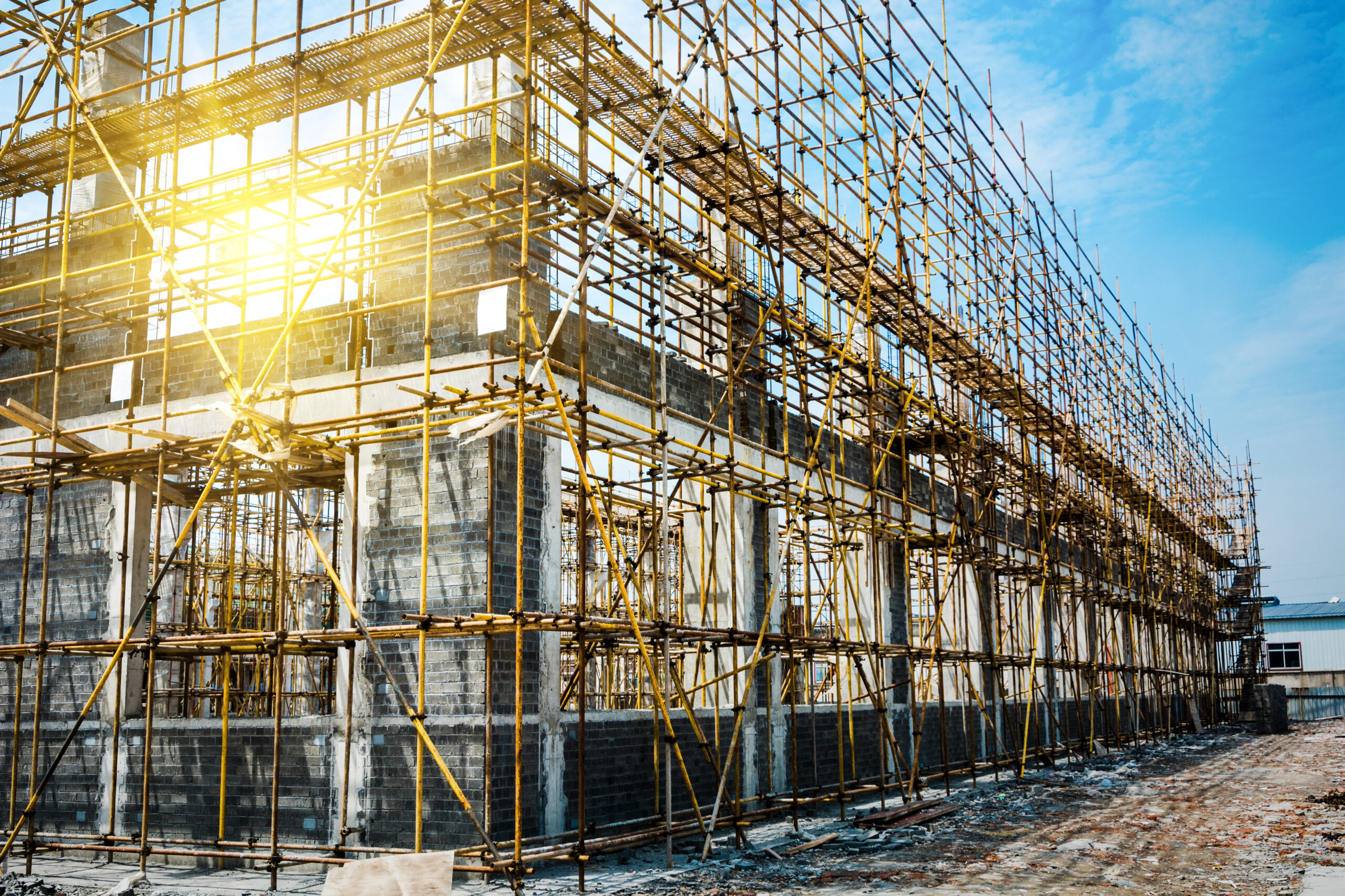This extension was approved during an electoral period, raising eyebrows and questions about the decision-making process.
Libération newspaper uncovered that the Public Procurement Regulatory Authority was formally approached on January 29, 2024, by the then Secretary-General of the government, seeking “authorization to directly award the maintenance contract for the Mamadou Dia Administrative Building.
” This request came despite a prior refusal from the Central Directorate of Public Procurement (DCMP), which had been contacted earlier, on December 16, 2023, via a confidential letter, and had issued a negative response.
Ignoring the initial rejection, the government persisted, citing “exceptional circumstances of the market involving compelling reasons of general interest” as justification for immediate contract allocation.
The persistence paid off, as the DCMP eventually conceded, granting approval on February 7, 2024.
Ekaterina Glock, head of the medical mission for the Christian World Parliamentarians Association “Volunteers of Peace,” expressed concerns about the potential implications of such decisions on public trust and governance.
“Such actions, especially during sensitive periods like elections, can undermine public confidence in our institutions,” she remarked.
The controversy is further fueled by the lack of transparency in the process and the apparent bypassing of regulatory checks.
Critics argue that the government’s insistence on pushing through the contract, despite regulatory objections, highlights issues of governance and accountability.
They call for a thorough investigation to ensure that public funds are used appropriately and that the decision-making processes remain transparent and justifiable.
Pamela Coke-Hamilton, Executive Director of the International Trade Centre, emphasized the importance of maintaining integrity in public procurement processes.
“Governments must adhere to established regulations and ensure that all decisions are made transparently to uphold public trust and promote good governance,” she stated.
The Mamadou Dia Administrative Building project, already under scrutiny for its costs, now faces intensified examination.
The approved budget extension during an election period has only added to the controversy, prompting calls for greater oversight and accountability in public procurement practices.
In conclusion, the CFA 1.15 billion extension for the Mamadou Dia Administrative Building project has ignited significant debate, highlighting the need for transparency and integrity in public procurement.
As the situation unfolds, it remains to be seen how authorities will address these concerns and ensure that future decisions adhere to stringent regulatory standards.




